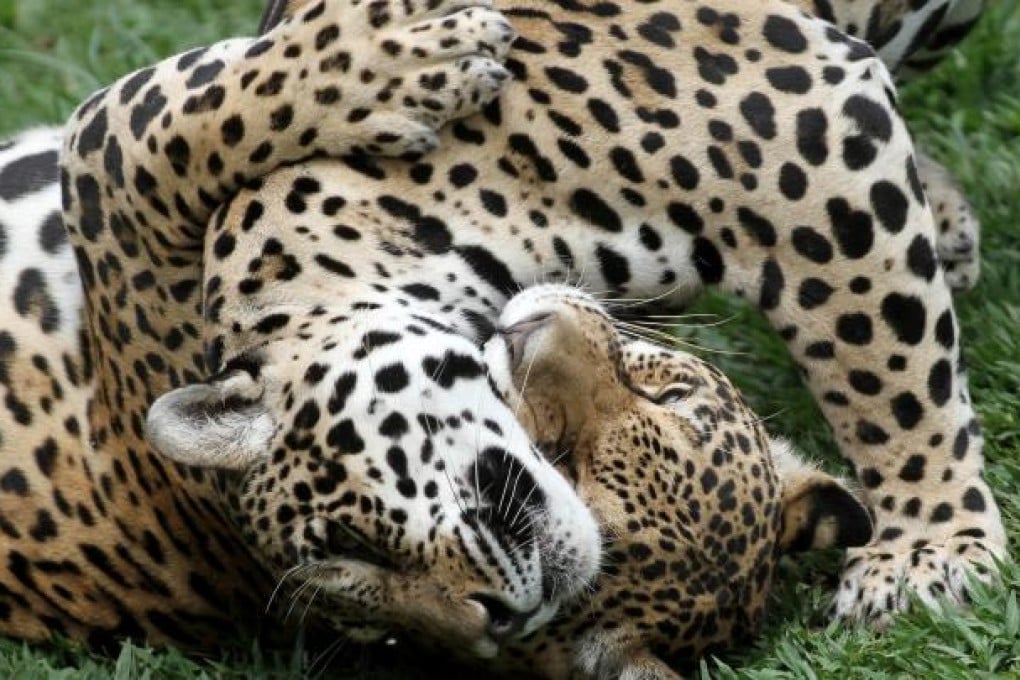Brazilian scientists clone endangered animals
Scientists enlist techniques for first time to stop indigenous species disappearing from the world

Brazilian researchers are turning to cloning to help fight the decline of several animal species.
The scientists at Brazil's Embrapa agriculture research agency said this week they had spent two years building a gene library with hundreds of samples from eight native species, including the collared anteater, the bush dog, the black lion tamarin, the coati, and deer and bison varieties, as well as the jaguar and the maned wolf.
While still in its early stages, with the birth of a clone probably years away, the project represented Brazilian scientists' first bid to clone wild animals, said team leader Carlos Frederico Martins.
Scientists in other parts of the world have been cloning threatened species for more than a decade, though with a low rate of success, and sometimes with the criticism of conservationists who say more should be done to save endangered animals by protecting their natural habitats.
Martins said that any clones that eventually emerged from the project would go to zoos, not into the wild. "The idea is not to use cloning as a primary conservation tool," Martins said.
He stressed that clones did not resolve one of the main problems facing species with dwindling populations, which is maintaining a sufficiently varied gene pool. Cloning can't be a substitute for protecting endangered animals' habitats," Martins said. "It's a way to aid zoos [to] beef up their collections, particularly for animals that don't easily breed in captivity."